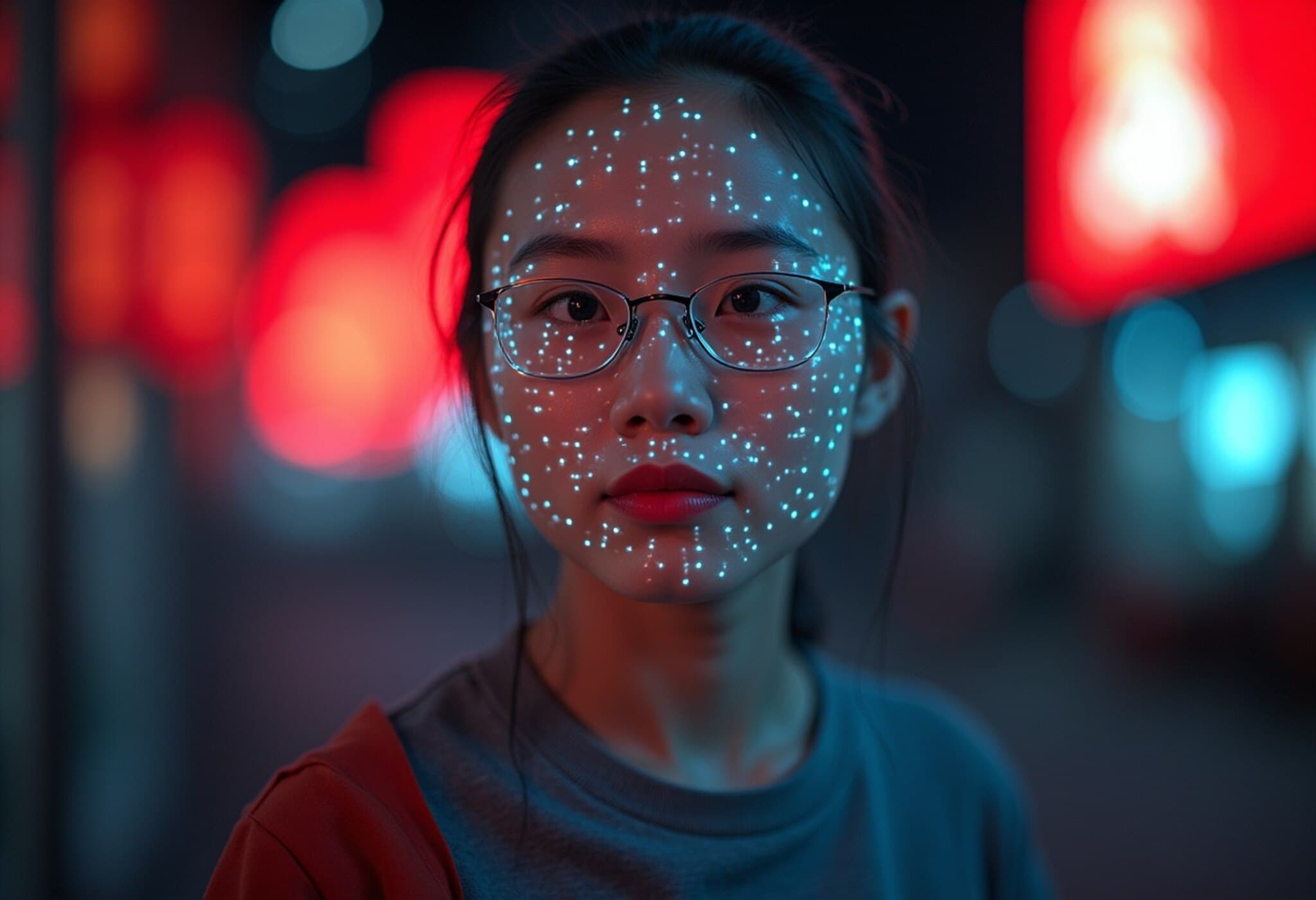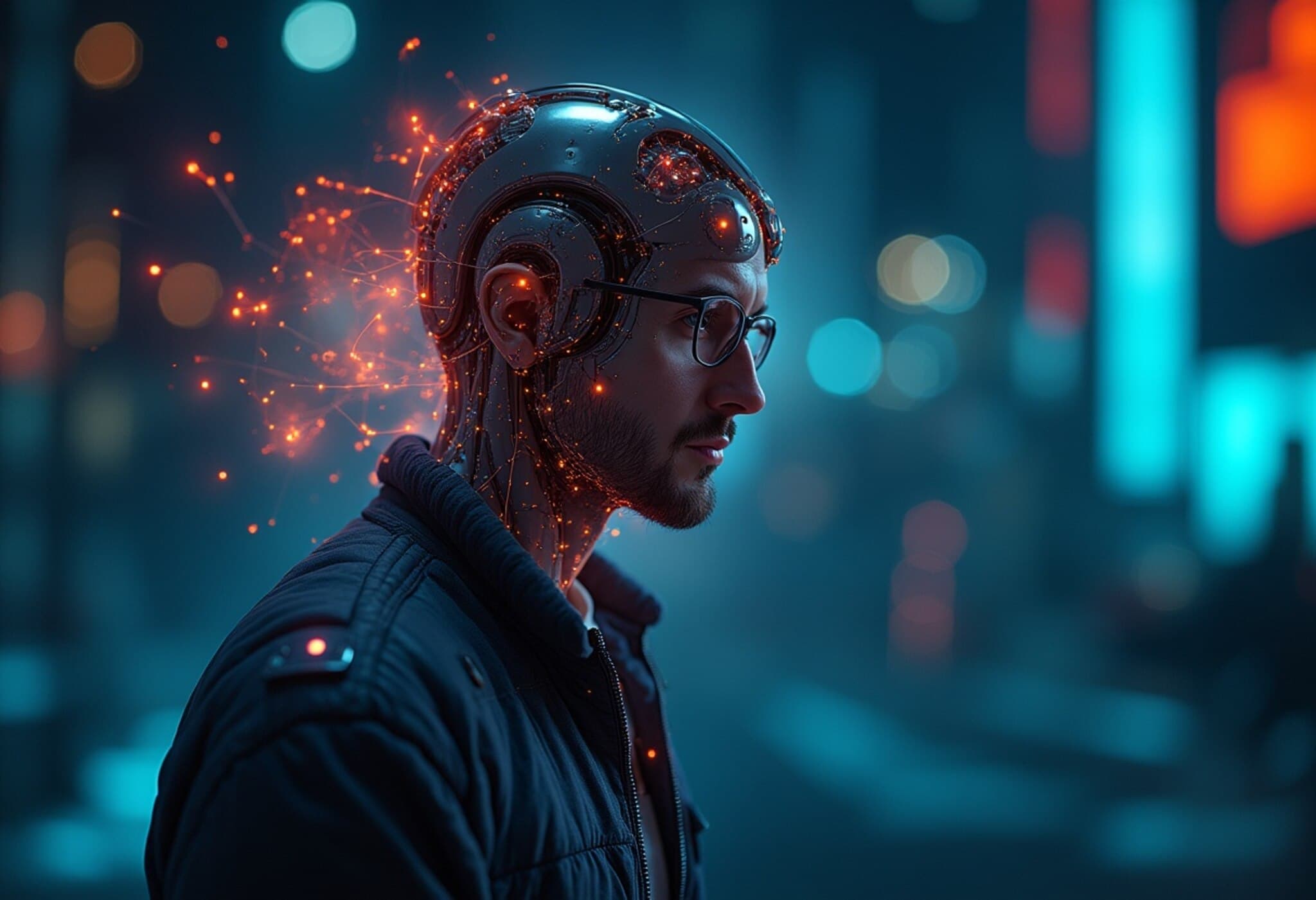Meta Triumphs in Landmark AI Copyright Dispute
Meta secured a significant legal victory against a group of 13 prominent authors, including Sarah Silverman and Ta-Nehisi Coates, in a lawsuit challenging the company's use of books to train its Llama artificial intelligence model. Despite this success, the presiding judge emphasized the limited scope of the ruling and left room for future similar lawsuits.
Judge Affirms Fair Use but Highlights Limitations
U.S. District Judge Vince Chhabria ruled in favor of Meta, agreeing that the company’s copying of copyrighted books to develop its large language models (LLMs) is protected under the fair use doctrine. However, he underscored that copying protected works without permission is generally illegal.
"In this case, however, the plaintiffs failed to prove that Meta’s actions caused significant market harm," the judge noted. He described the authors' arguments as "half-hearted and flawed," concluding that their claims did not convincingly demonstrate damage to their works' market value.
Judge Points to Transformative Use in Meta's Defense
Central to the ruling was the notion that Meta’s use was “transformative,” meaning it repurposed the copyrighted texts in a novel way to build AI capabilities—an approach typically protected under fair use. Meta’s spokesperson hailed the decision as an affirmation of open-source AI innovation and the vital role of fair use in technological development.
Open Door for Future Copyright Challenges
Despite his ruling, Judge Chhabria made clear that the decision only applies to the specific group of plaintiffs and does not preclude other authors from bringing similar claims. "This is not a class action, so the ruling only affects these thirteen authors—not the many whose works contributed to Meta’s training data," he emphasized.
The judge also criticized Meta’s argument that barring the use of copyrighted texts without payment would halt AI progress, calling this assertion "nonsense." He highlighted unresolved issues, including allegations that Meta may have distributed authors’ works illegally via torrenting, a claim still pending review.
Parallel Cases Highlight Ongoing Legal Debate
This case echoes recent rulings involving other AI companies. A judge recently found that the use of books to train Anthropic’s AI, Claude, was also transformative and met fair use standards. However, Anthropic faces trial over accusations it initially downloaded pirated books to train its models. Purchasing legitimate copies after the fact does not negate potential liability but may influence damages awarded.
What This Means for the Future of AI and Copyright
- Meta’s ruling reinforces the importance of the fair use doctrine in AI development but does not establish blanket immunity.
- Authors and rights holders retain the ability to challenge unauthorized use of their works if market harm can be demonstrated.
- Legal battles around AI training data continue to unfold, shaping the balance between innovation and intellectual property rights.
As AI technology evolves rapidly, courts are grappling with how copyright laws apply in this new context—balancing creative transformation against the protection of original works. This latest ruling is a crucial piece in that complex puzzle, signaling that litigation in this space is far from over.



















